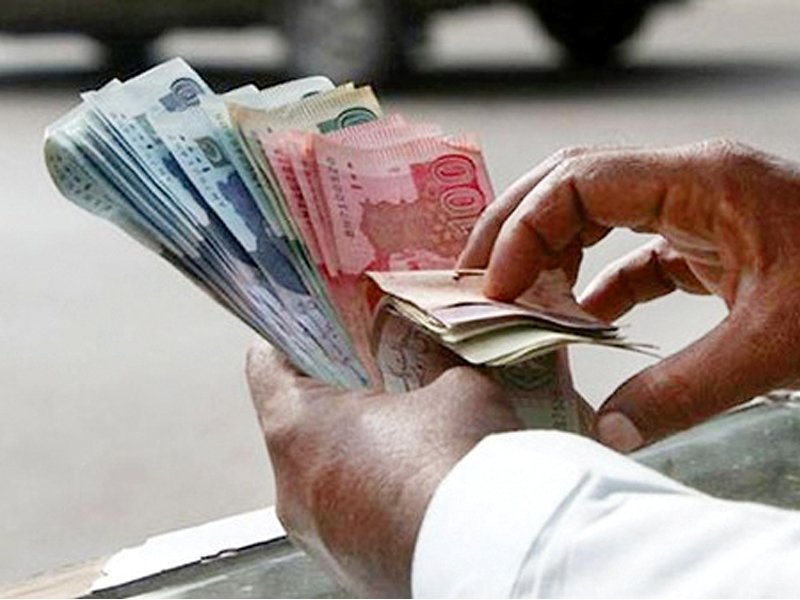As Pakistan’s government prepares to present its federal budget for 2024-25, it faces the challenge of balancing domestic needs with the demands of the International Monetary Fund (IMF).
The government aims to increase the GDP growth rate to over 3.5% from 2.38%, following an economic slump caused by political instability.
Prime Minister Shehbaz Sharif, who took office as head of a coalition government after the February elections, has led efforts to revive the economy. This includes multiple meetings with the IMF and trips to key allies like Saudi Arabia, the United Arab Emirates, and China to attract foreign direct investment.
Despite signs of economic revival, questions remain about the sustainability of these improvements. Inflation, which soared to 38% in May 2023, has decreased to 11.8% over the past year. Fuel prices have dropped, and foreign exchange reserves have improved from $2.9 billion in February 2023 to over $9 billion. The Pakistani rupee has stabilized at 280 against the US dollar, and the stock market hit a high of 75,000 points last month. The IMF has acknowledged these improvements, noting a return to moderate growth and easing external pressures.
However, economists warn that the stabilization is fragile, largely due to restrictive policies like import limits. “There is stabilization but no substantial growth, which is likely to manifest in slow growth as industry is so dependent on imports,” Safiya Aftab, an Islamabad-based economist, told Al Jazeera. Economists also emphasize that the recent stabilization may be short-lived. “This ‘ad-hoc stabilisation’ has been achieved in the past but was never maintained. It dissipates as soon as the economy moves toward higher growth,” Sajid Amin Javed of the Sustainable Development Policy Institute told Al Jazeera.
Looking ahead, Pakistan requires additional liquidity from multilateral and bilateral institutions. Early negotiations with the IMF are underway for a new program, which is expected to include further austerity and taxation measures. Such measures will likely burden ordinary citizens further, testing the political stability of PML-N’s government.
As Pakistan navigates these challenges, experts stress the importance of expanding the tax net and providing relief to the formal sector to encourage reinvestment in the economy. Reports suggest potential new taxes on solar panels and clean energy infrastructure, which could hurt the economy in the medium to long term.
While there are signs of economic stabilization, the path forward remains fraught with challenges. The IMF-led stabilization efforts have historically been short-lived, and the government’s upcoming budget will be crucial in determining whether Pakistan can achieve sustainable growth and stability.
